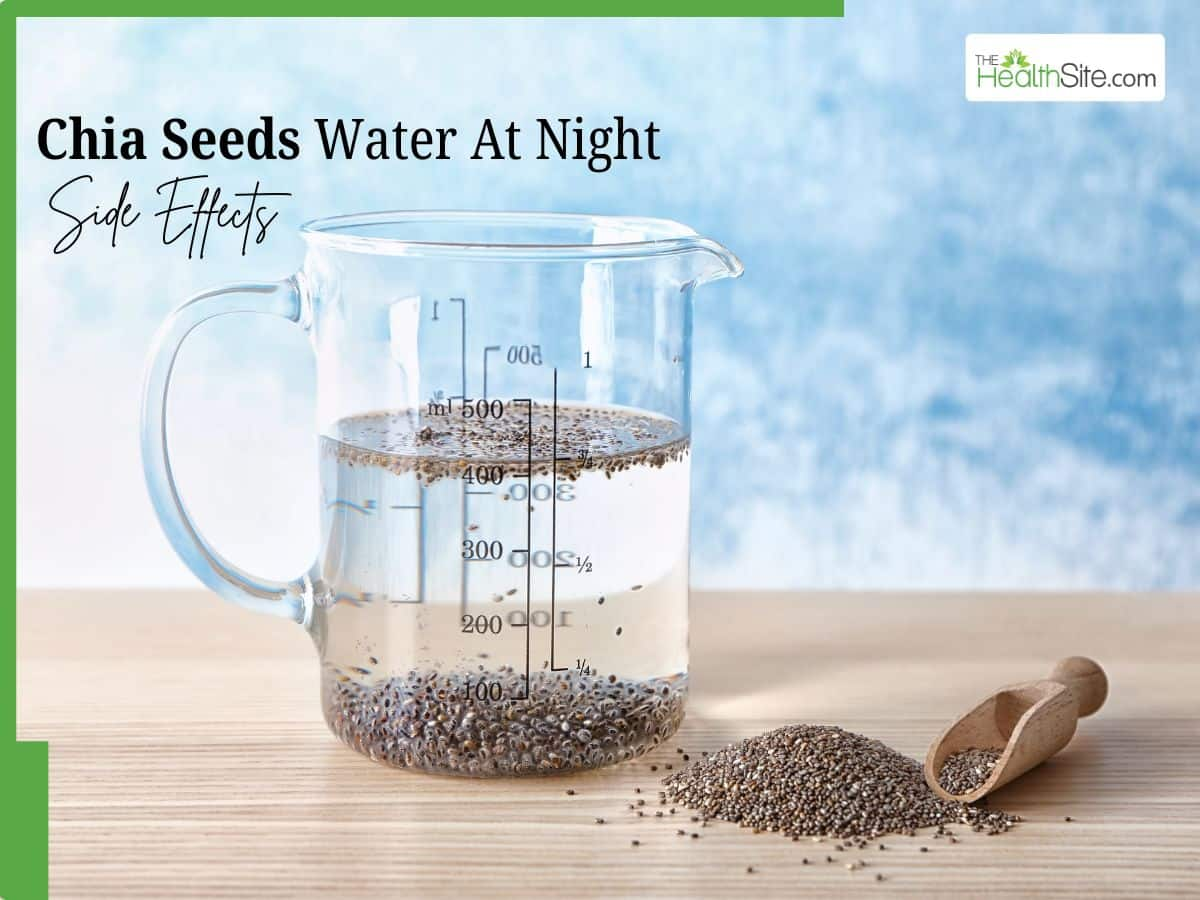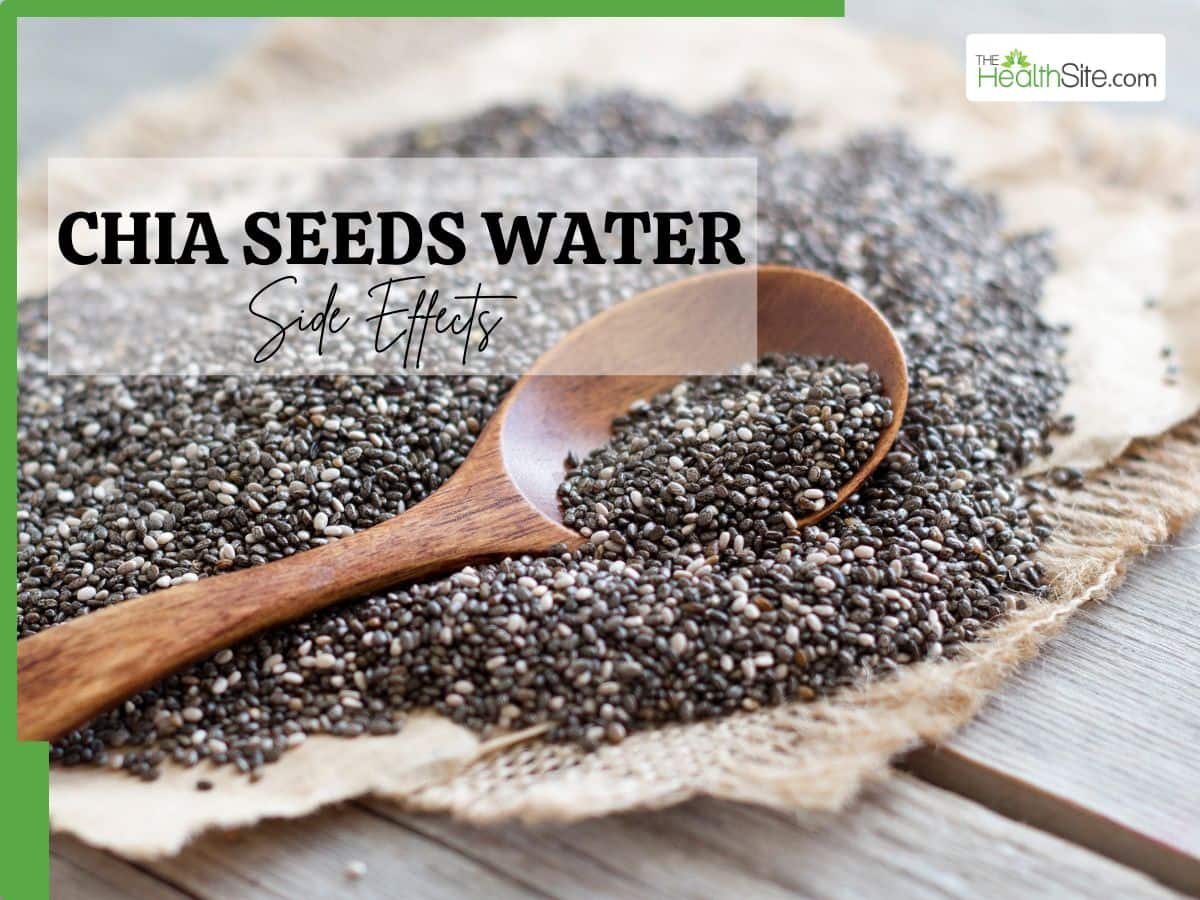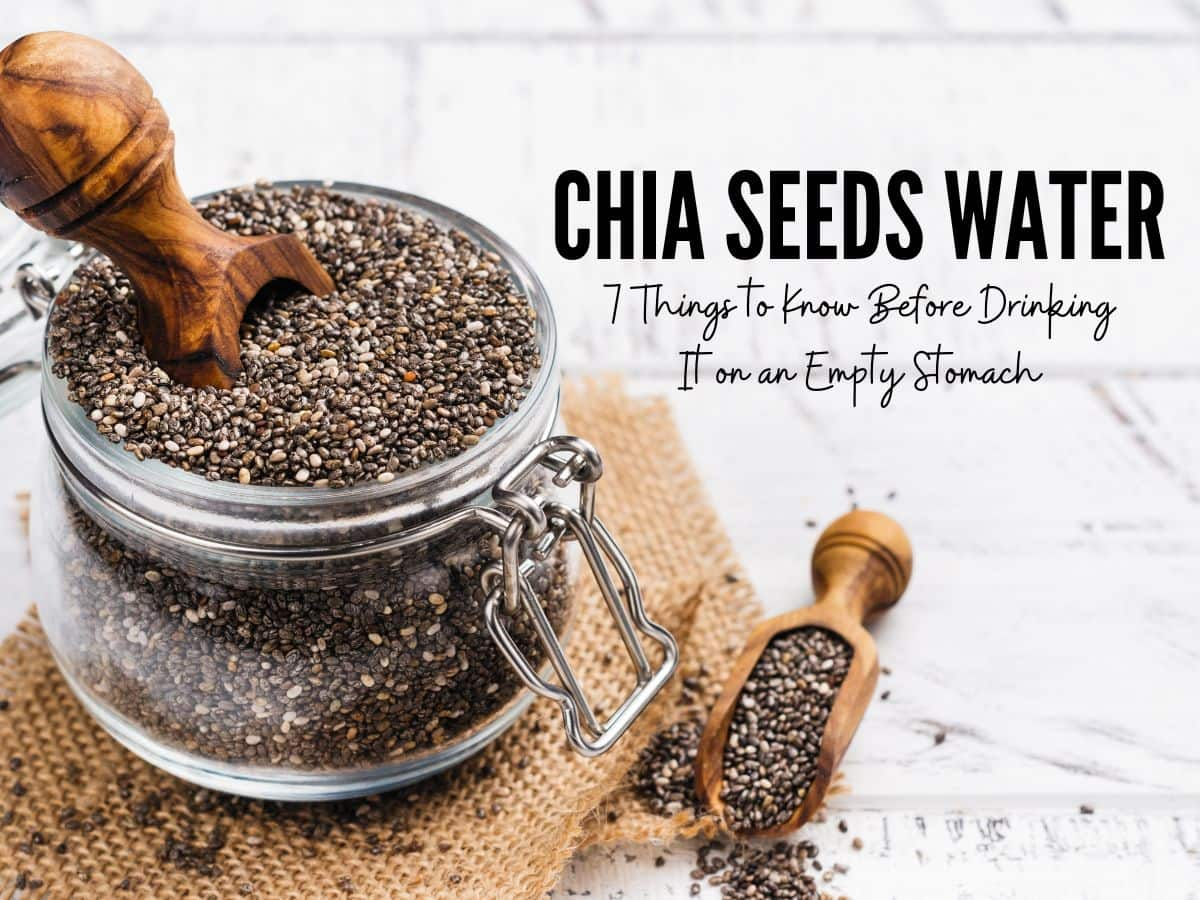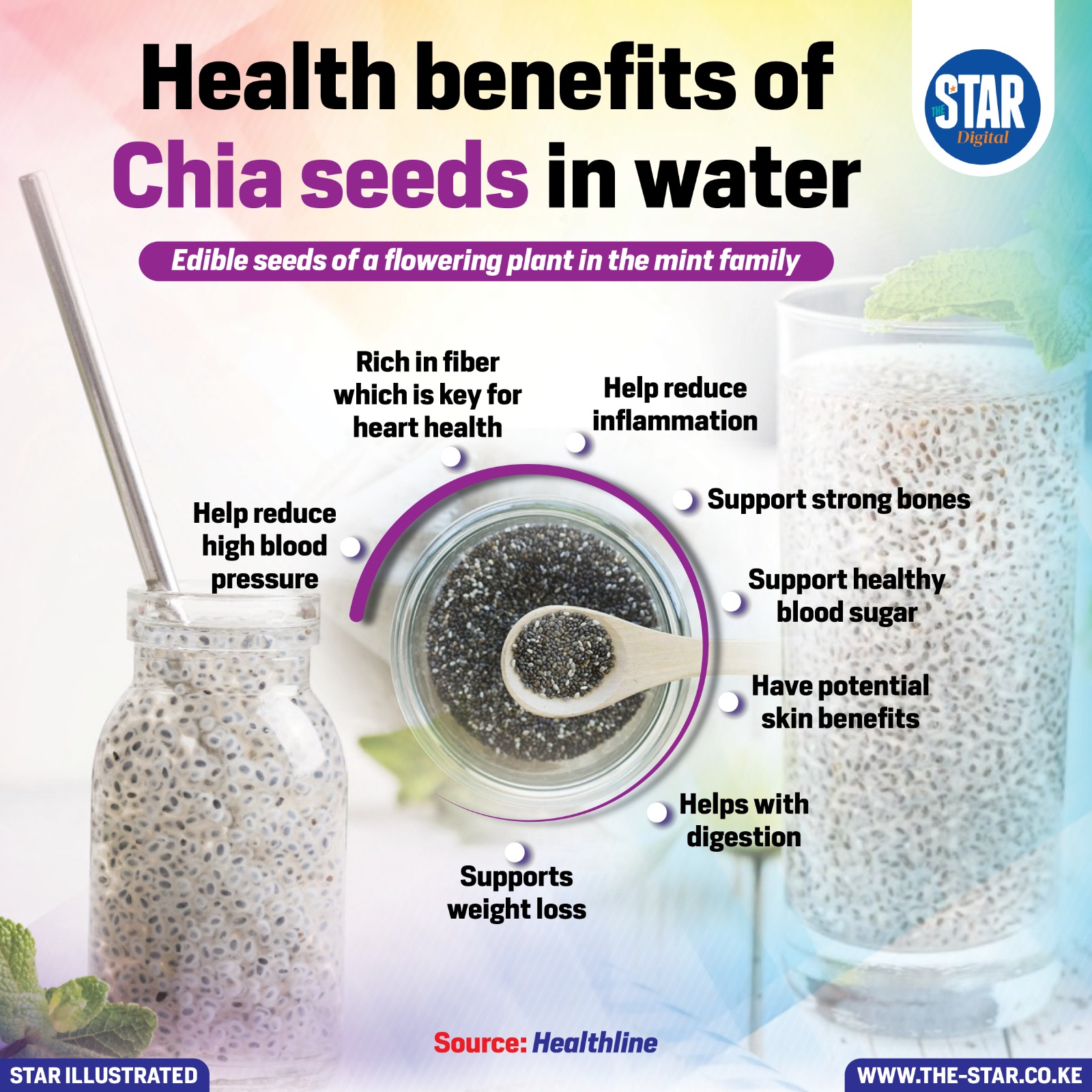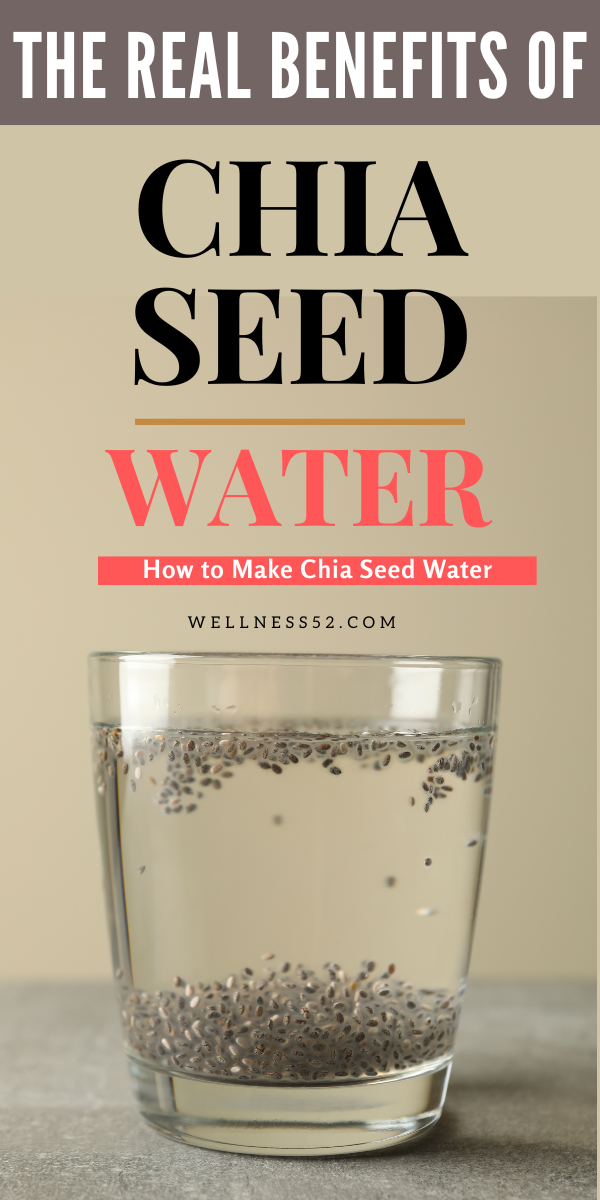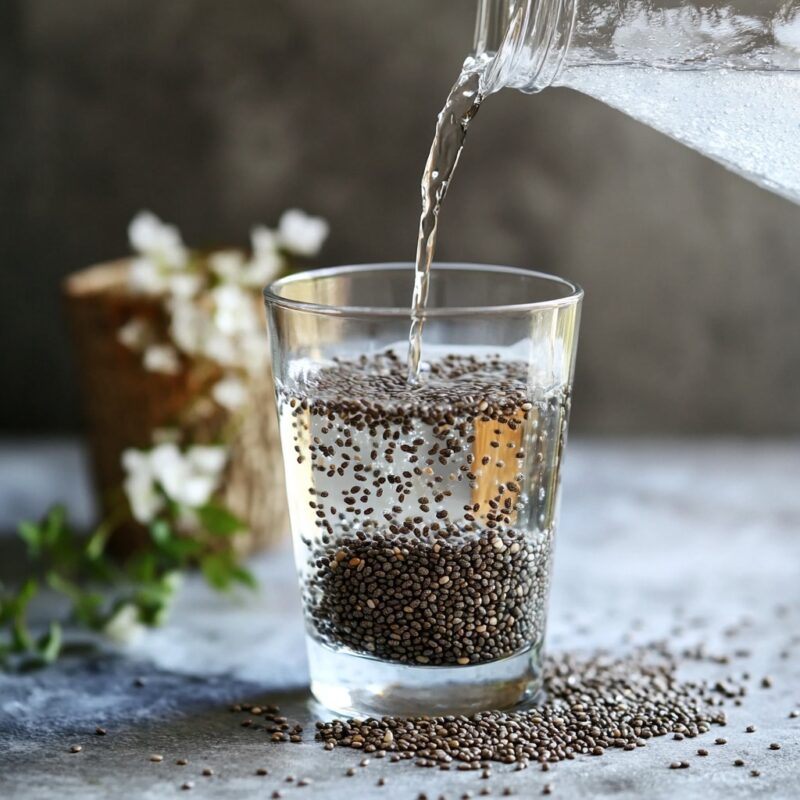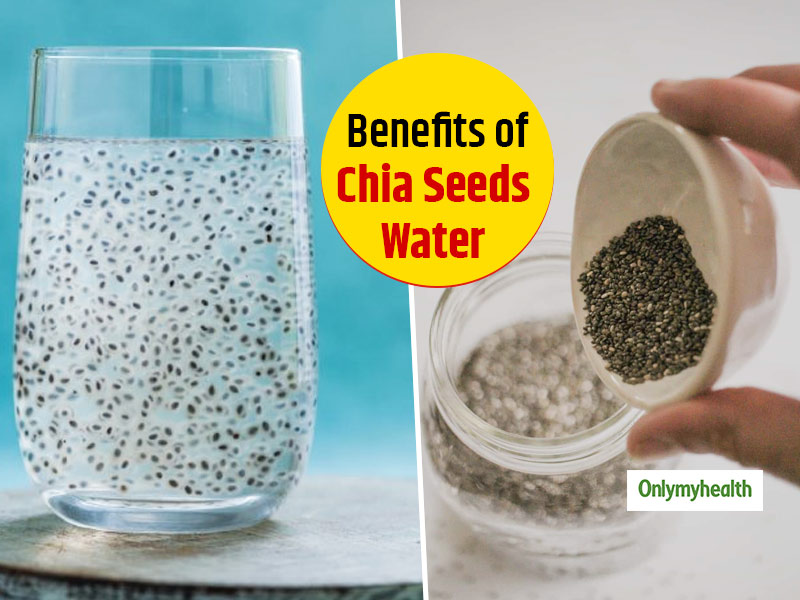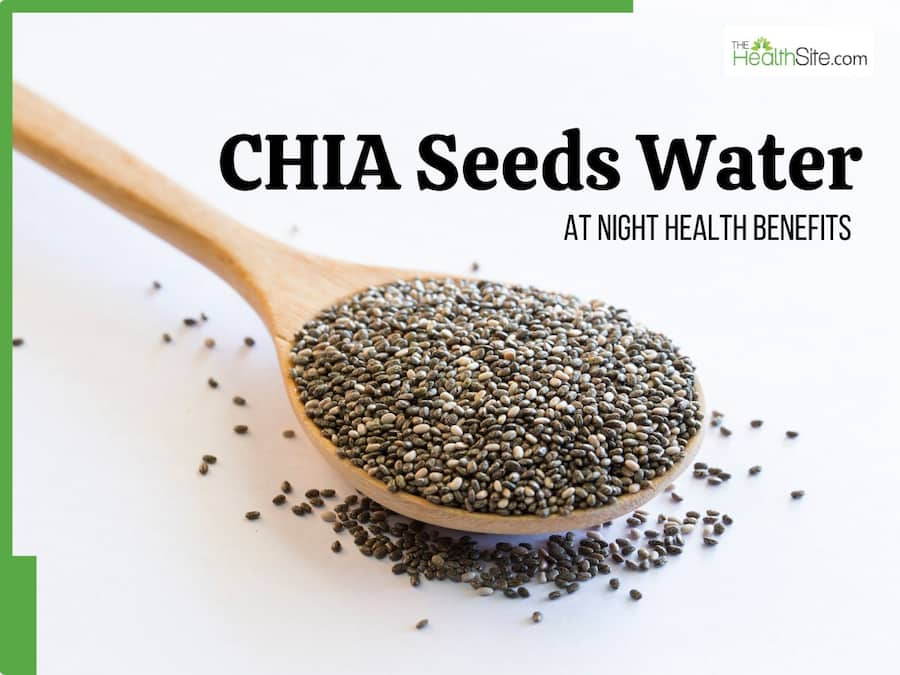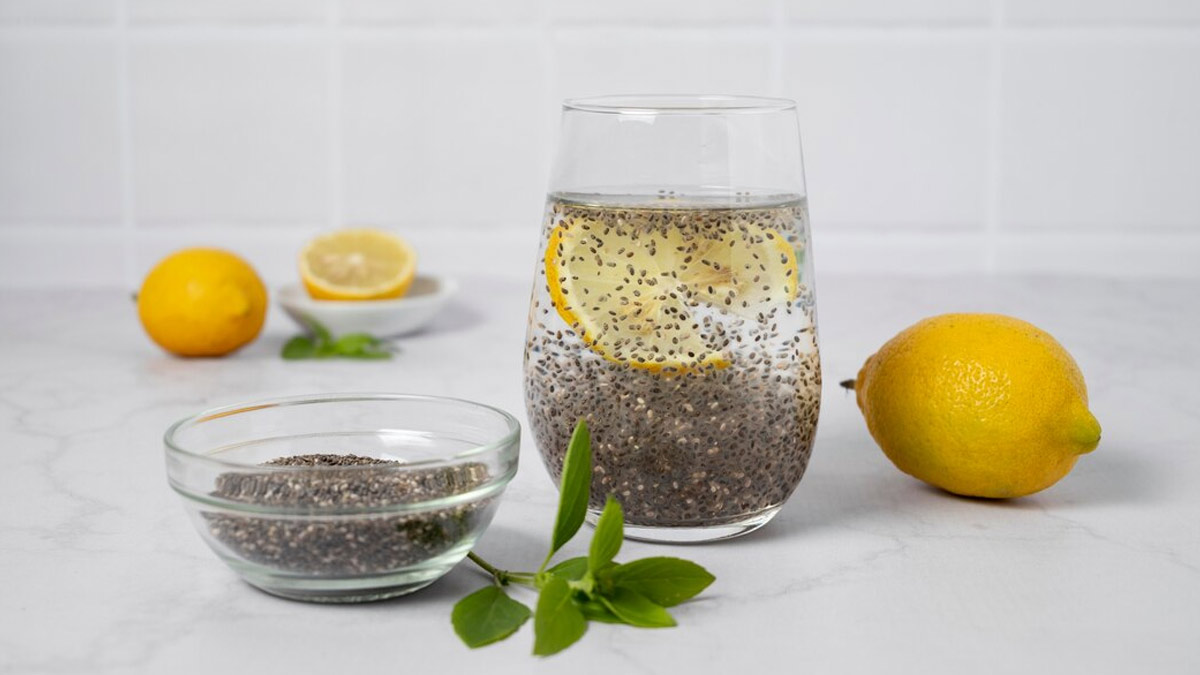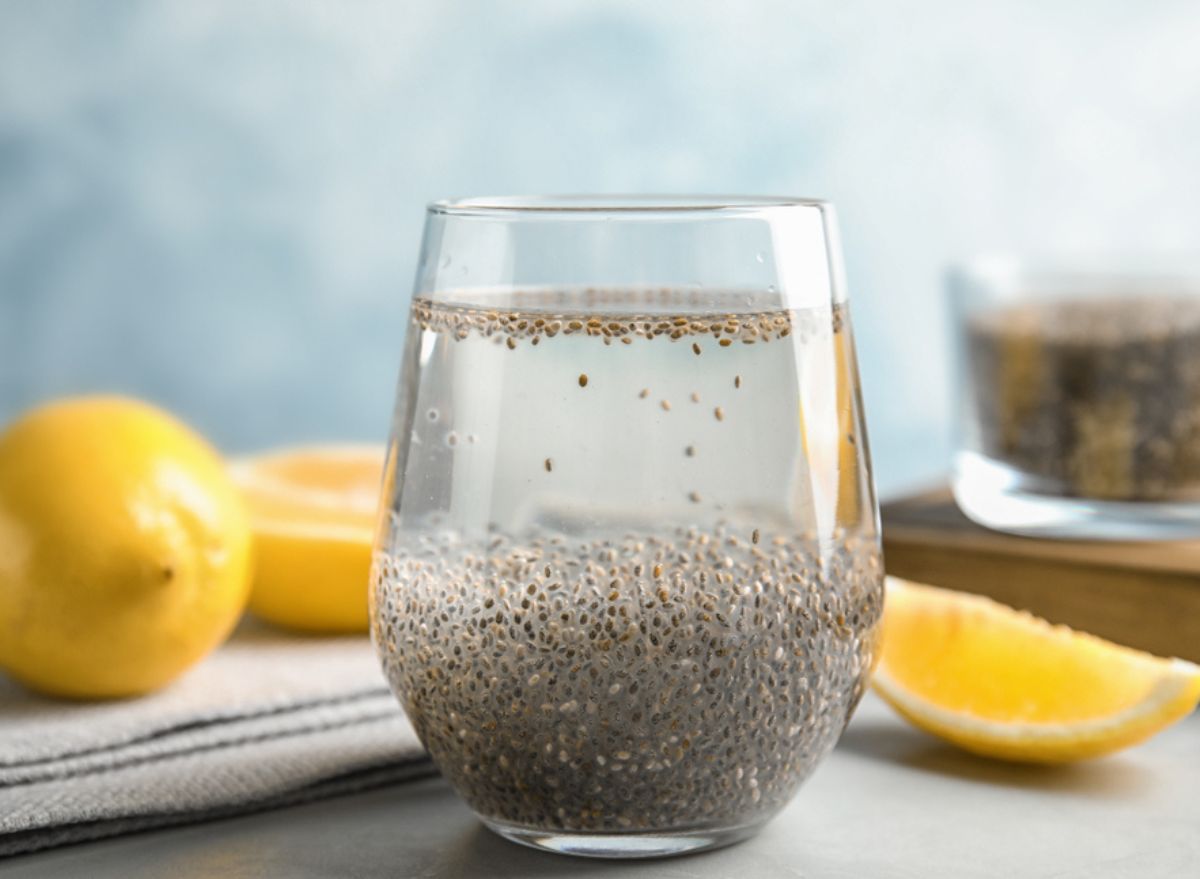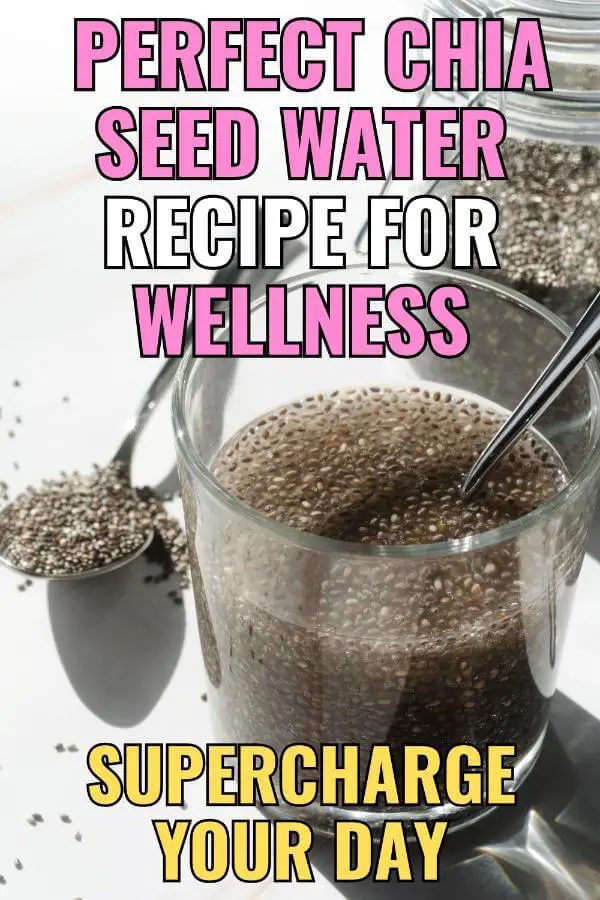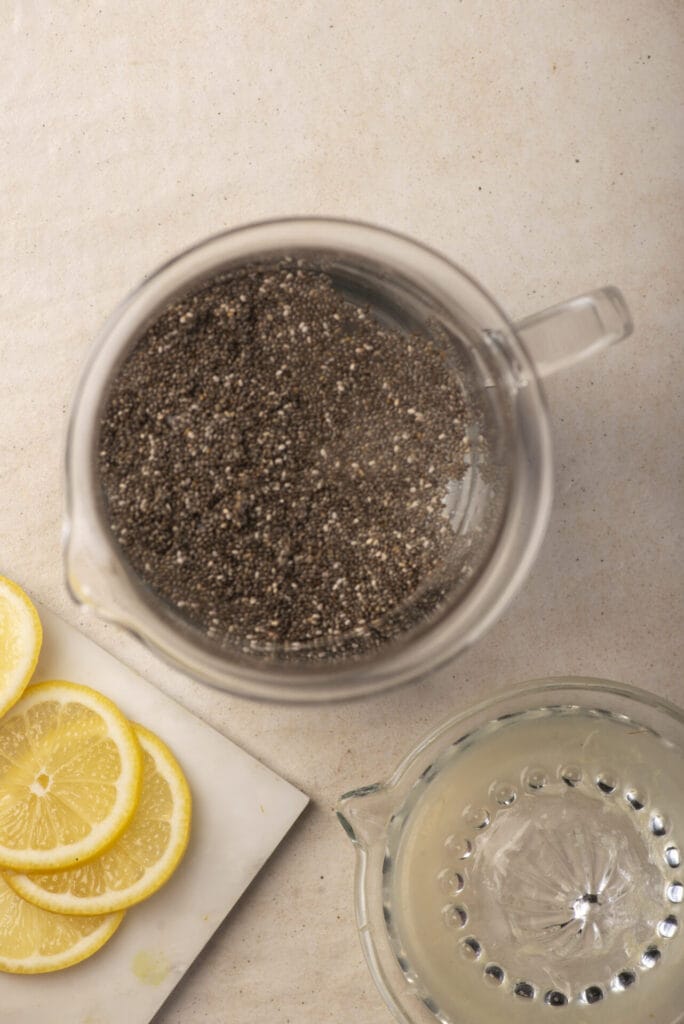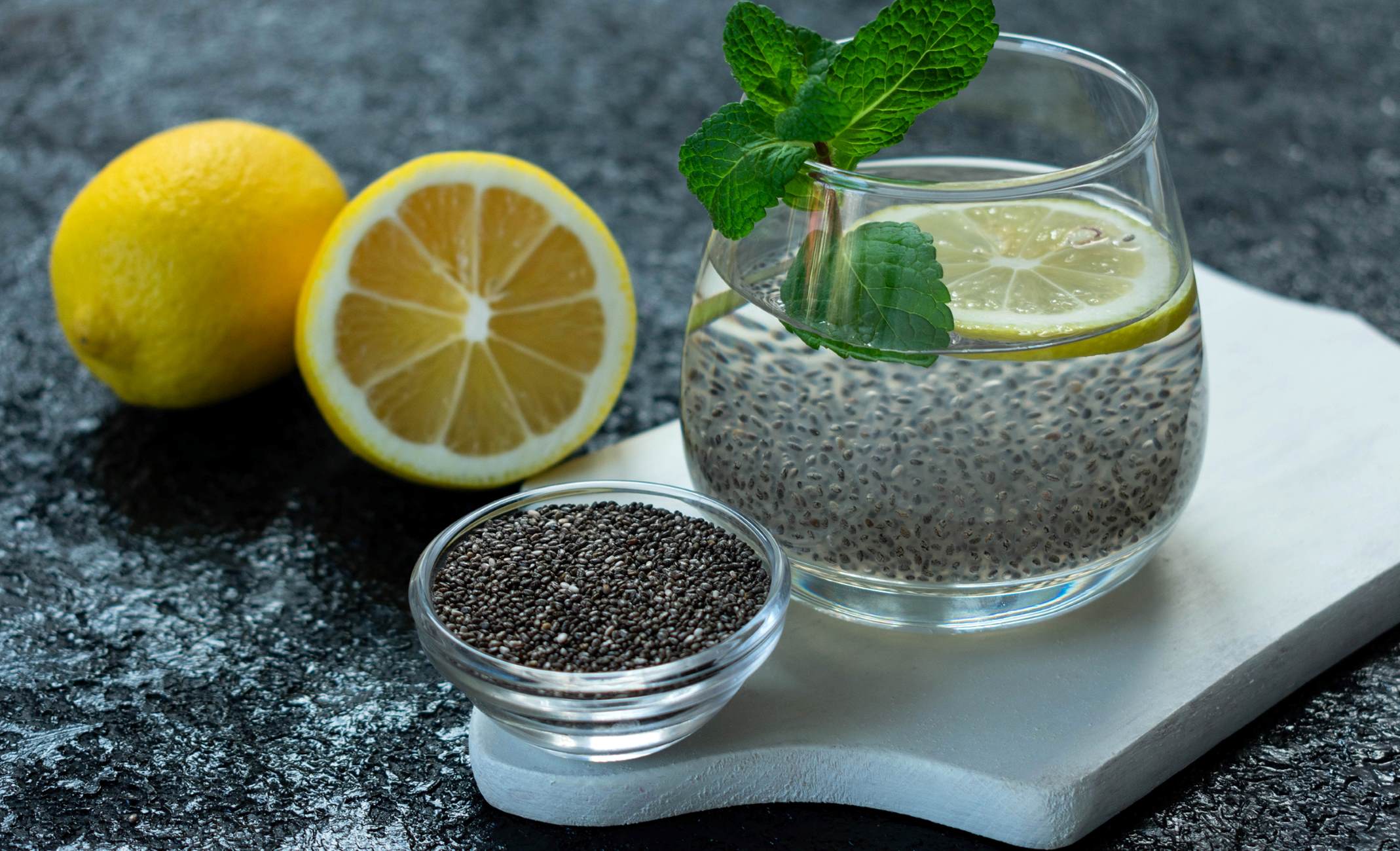Does Chia Seed Water Break A Fast

The question of whether chia seed water breaks a fast has become a surprisingly contentious point in the wellness world. Intermittent fasting, a dietary strategy that cycles between periods of eating and voluntary fasting, has surged in popularity. This surge brings with it a need for clarity on what constitutes a "break" in the fast, particularly when it comes to seemingly innocuous additions like chia seeds to water.
At the heart of the debate lies the delicate balance between caloric intake, insulin response, and the desired metabolic state achieved during fasting. Does consuming chia seed water, despite its low caloric content, trigger a physiological response that negates the benefits of the fast? This article delves into the science, separating fact from fiction and providing a comprehensive overview of the arguments surrounding chia seed water and its impact on fasting.
Understanding the Basics: Fasting and Metabolism
To address the central question, a foundational understanding of fasting and its effects on the body is essential. Intermittent fasting aims to shift the body's primary fuel source from glucose to stored fat. This metabolic switch, known as ketogenesis, allows the body to tap into fat reserves for energy.
During a fasted state, insulin levels remain low, signaling the body to burn fat. Consuming food, especially carbohydrates, triggers an insulin response, halting fat burning and initiating a fed state. The core principle of intermittent fasting is to extend the period of low insulin levels to maximize fat oxidation.
What Constitutes Breaking a Fast?
The definition of "breaking" a fast varies depending on individual goals and the type of fast being practiced. Some adhere to strict calorie limits, while others focus on maintaining a low insulin response. Generally, consuming anything that significantly elevates blood sugar or insulin levels is considered breaking the fast.
For example, consuming a sugary drink would undoubtedly break a fast. But what about something with minimal calories and a high fiber content, like chia seeds?
Chia Seeds: Nutritional Profile and Impact
Chia seeds are nutritional powerhouses, packed with fiber, omega-3 fatty acids, and antioxidants. A single tablespoon contains approximately 60 calories, 5 grams of fiber, and 2 grams of protein. These nutrients offer a wide range of health benefits, including improved digestion, heart health, and blood sugar control.
The high fiber content of chia seeds is particularly relevant to the fasting debate. Fiber slows down the absorption of carbohydrates, potentially mitigating the insulin response. Additionally, the soluble fiber in chia seeds absorbs water, creating a gel-like substance that promotes satiety and can help manage hunger during fasting.
Chia Seed Water: Caloric and Insulin Considerations
When chia seeds are added to water, the caloric content is significantly diluted. A glass of chia seed water typically contains only a small fraction of the calories found in a tablespoon of dry seeds. The main question then becomes whether this small caloric intake, coupled with the fiber content, is enough to disrupt the fasted state.
Some experts argue that any caloric intake, regardless of the amount, will trigger an insulin response. This response, they believe, is enough to temporarily halt fat burning and diminish the benefits of fasting. Others maintain that the minimal caloric impact and the slow-release effect of fiber make chia seed water acceptable during a fast.
Expert Opinions and Scientific Evidence
Conflicting opinions on chia seed water during fasting abound within the health and wellness community. Dr. Jason Fung, a nephrologist and advocate of intermittent fasting, often emphasizes the importance of minimizing insulin spikes during fasting periods.
While Dr. Fung does not specifically address chia seed water, his general philosophy suggests that any food containing calories has the potential to disrupt the fast. Conversely, other experts argue that the benefits of chia seeds, such as their ability to regulate blood sugar and promote satiety, outweigh the potential drawbacks.
Scientific evidence directly addressing the impact of chia seed water on fasting is limited. Most studies focus on the effects of chia seeds on overall health, rather than their specific impact on a fasted state. However, research on the glycemic index of chia seeds indicates that they have a minimal impact on blood sugar levels.
"Based on current data, the impact of small amounts of chia seed water on blood sugar and insulin levels is likely negligible for most individuals," says registered dietitian, Sarah Williams.
Practical Considerations and Individual Responses
Ultimately, the decision of whether or not to consume chia seed water during a fast is a personal one. Factors such as individual metabolic responses, fasting goals, and overall health status should be taken into account. Some individuals may find that chia seed water helps them manage hunger and prolong their fasting periods without negatively impacting their results. Others may experience a noticeable stall in their progress and choose to avoid it altogether.
Careful monitoring of blood sugar levels and ketone levels can provide valuable insights into how chia seed water affects individual metabolism. Experimentation and self-assessment are crucial in determining the optimal approach. Listening to your body and observing its response is key to making informed decisions about your fasting routine.
For those who are particularly sensitive to insulin spikes, or who are following a strict fasting protocol for medical reasons, it may be best to avoid chia seed water during fasting periods. Water, black coffee, and unsweetened tea remain the safest options for maintaining a truly fasted state. Always consult with a healthcare professional or registered dietitian before making significant changes to your diet, especially if you have underlying health conditions.
Moving Forward: Research and Personalized Approaches
While the current evidence is inconclusive, the debate surrounding chia seed water and fasting highlights the need for more research in this area. Specifically, studies that directly investigate the impact of chia seed water on blood sugar, insulin levels, and ketone production during fasting are needed. Such studies would provide a more definitive answer to the question of whether or not chia seed water breaks a fast.
In the meantime, a personalized approach is recommended. Individuals should carefully consider their own goals, metabolic responses, and health status when deciding whether or not to incorporate chia seed water into their fasting routine. By staying informed and paying attention to their bodies, individuals can make informed choices that support their overall health and well-being.
The conversation surrounding chia seed water and fasting is ongoing, but emphasizing moderation and conscious decision-making is essential. This allows individuals to successfully reach and maintain their health objectives.
